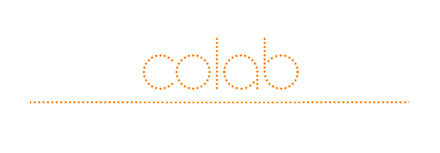
At AUT’s Colab, they don’t always know what will come of work that brings seemingly disparate groups together. But the principles and possibilities of smart collaboration are the same for university organisations and the complex systems that make up cities.
That’s according to Colab associate professor Charles Walker, who told an audience at NG Connect’s Smart City Ideation series that breaking down the barriers between academic disciplines often provided a common purpose.
“Colab is about imagination, we don’t really have a disciplinary base. We think, ‘what could it be, why can’t you do that?’ But we’re not flaky idealists, we want to work with engineers and designers and to be able to make stuff happen.”
The aim of smart cities and their citizens should be to create contestable futures, according to Walker. “When we talk about technology, we assume the future is already here, but things can go wrong. The future is never given, it’s always able to be changed. That’s one of the important roles oft the university, to be the irritant in many of these systems.”
Colab is a fan of words starting with co, like connectivity, convergence, communication ad co-creation, which Walker says are “very much terms of moment”.
“How do you make things happen in this complex collaboration that is the city? You need to work with other people.”
Many of Colab’s research centres were relevant to developing smart cities, he said, including virtual engineering, interaction and immersion, textile and design, rapid prototyping and 3D printing.
Read more: Designing for the times at AUT
The plan behind AUT and Colab’s The Collaboratory was a demonstration space to showcase research in progress and attract industry partners. It would be comprise multi-disciplinary teams of academic research, industry groups and public and professional partners, said Walker.
“We’re trying to push this idea of the city as a complex system or a system of systems. “With this cross-disciplinary focus we have an ability to connect to different audiences. We have theatre people working with designers and science people working with mathematicians. We don’t always know what’s going to come out of that.”
In the process it hopes to produce smart citizens of the future, keeping this talent in New Zealand or encouraging it to get skills abroad and return later.
Walker also stressed the need for entrepreneurism in cities, adding many 19 year olds were interested in establishing ventures, something far less common in New Zealand in past decades.
Entrepreneurism involved rigorously exploring chaos, uncertainty, mystery, paradox, ambitugtiy, complexity and doubt, he said.
“Entrepreneurship doesn’t mean you need to do completely new things, it could be pulling together things that are existing. By doing that you create new value in new cities.”




